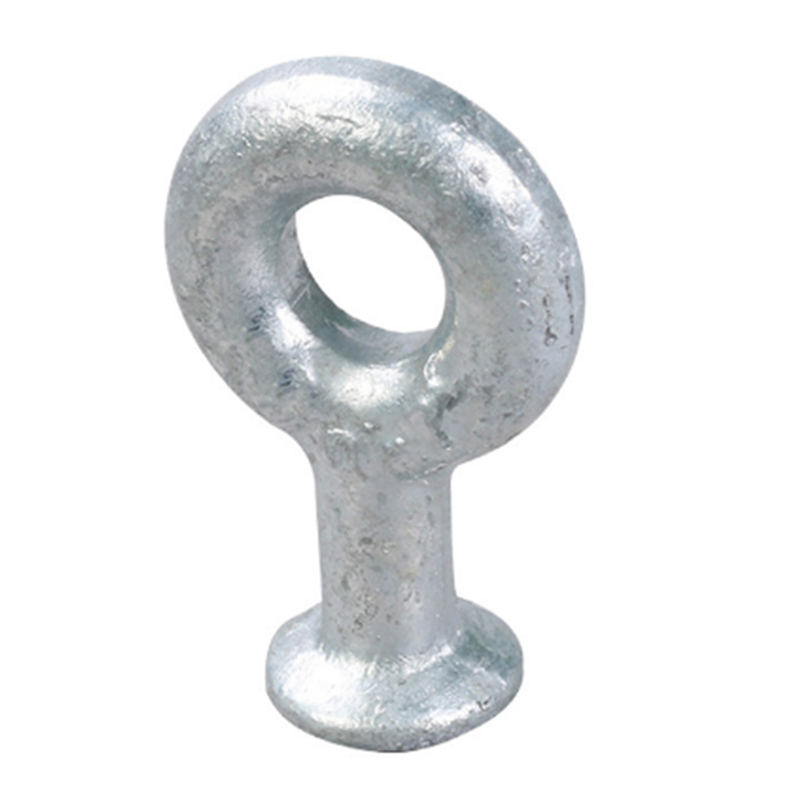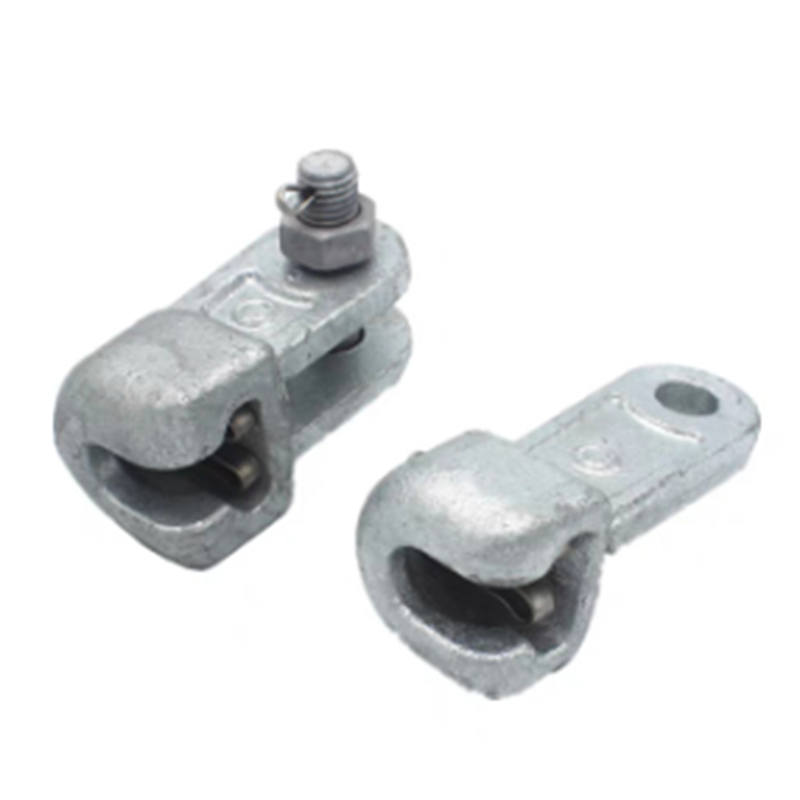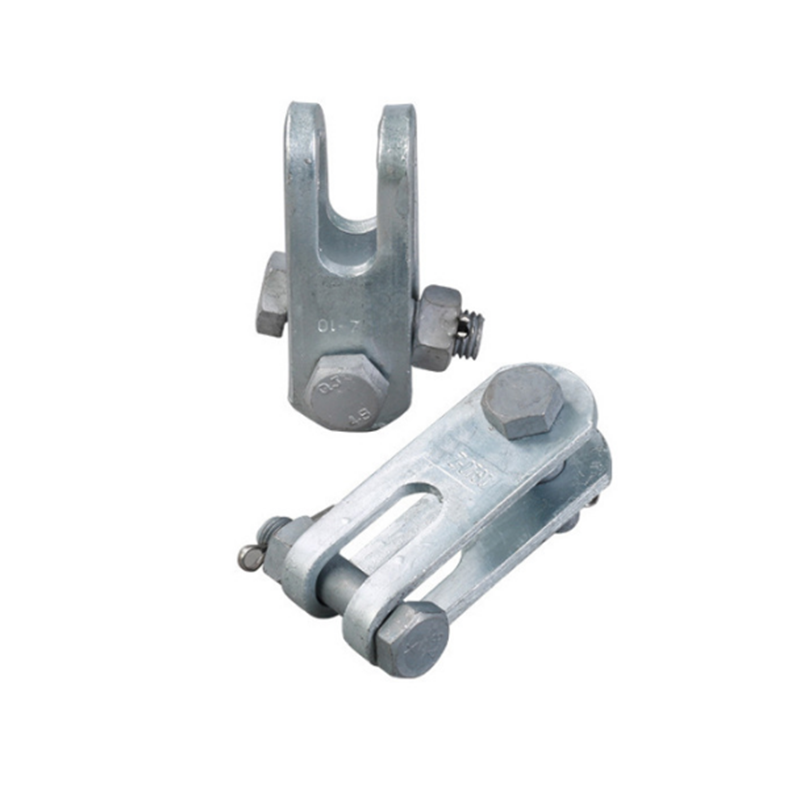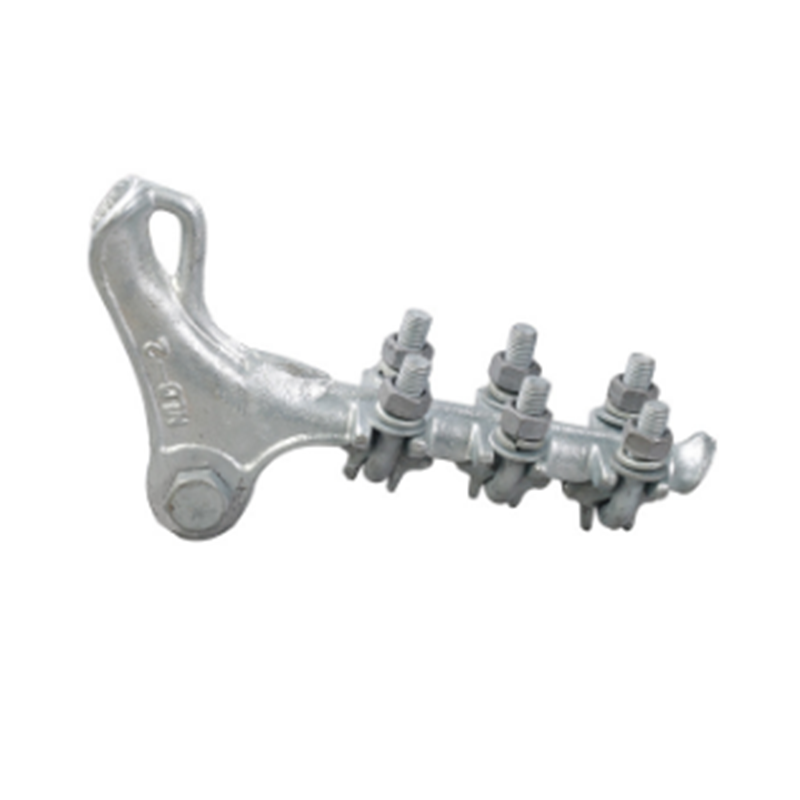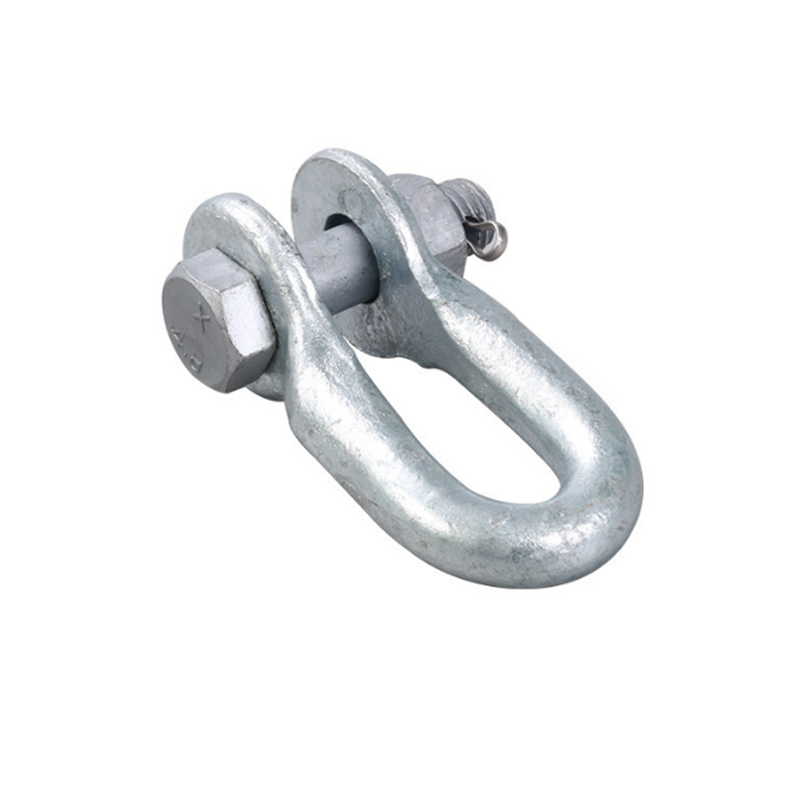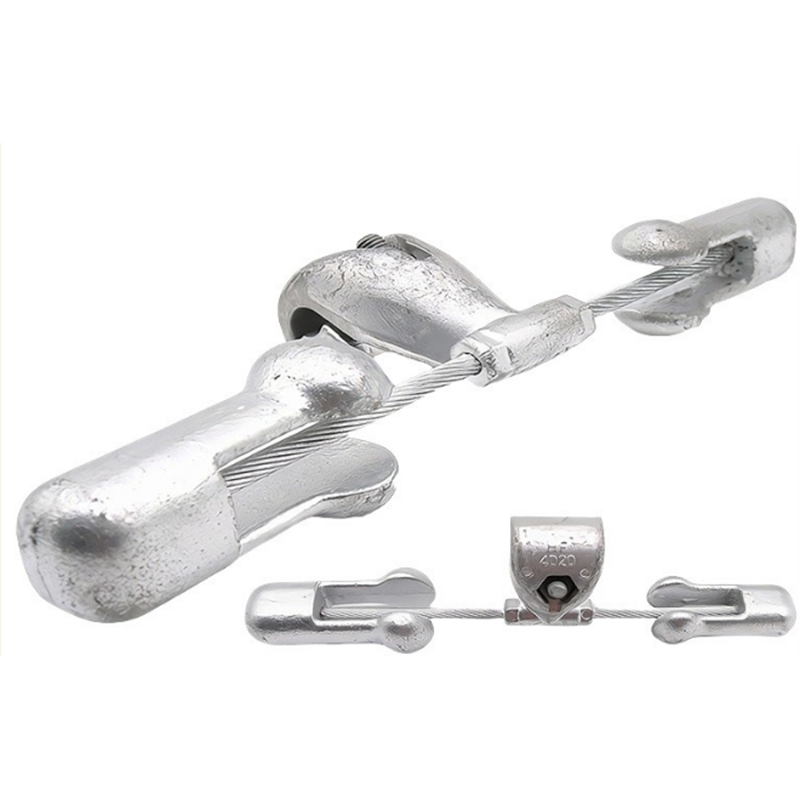- Chinese
- French
- German
- Portuguese
- Spanish
- Russian
- Japanese
- Korean
- Arabic
- Irish
- Greek
- Turkish
- Italian
- Danish
- Romanian
- Indonesian
- Czech
- Afrikaans
- Swedish
- Polish
- Basque
- Catalan
- Esperanto
- Hindi
- Lao
- Albanian
- Amharic
- Armenian
- Azerbaijani
- Belarusian
- Bengali
- Bosnian
- Bulgarian
- Cebuano
- Chichewa
- Corsican
- Croatian
- Dutch
- Estonian
- Filipino
- Finnish
- Frisian
- Galician
- Georgian
- Gujarati
- Haitian
- Hausa
- Hawaiian
- Hebrew
- Hmong
- Hungarian
- Icelandic
- Igbo
- Javanese
- Kannada
- Kazakh
- Khmer
- Kurdish
- Kyrgyz
- Latin
- Latvian
- Lithuanian
- Luxembou..
- Macedonian
- Malagasy
- Malay
- Malayalam
- Maltese
- Maori
- Marathi
- Mongolian
- Burmese
- Nepali
- Norwegian
- Pashto
- Persian
- Punjabi
- Serbian
- Sesotho
- Sinhala
- Slovak
- Slovenian
- Somali
- Samoan
- Scots Gaelic
- Shona
- Sindhi
- Sundanese
- Swahili
- Tajik
- Tamil
- Telugu
- Thai
- Ukrainian
- Urdu
- Uzbek
- Vietnamese
- Welsh
- Xhosa
- Yiddish
- Yoruba
- Zulu
- Kinyarwanda
- Tatar
- Oriya
- Turkmen
- Uyghur

Zinc Screws
Understanding the Applications of Zinc Screws
Zinc screws are often seen as simple, ubiquitous fasteners in construction and DIY projects. However, understanding their applications requires more than just surface knowledge. These screws offer specific advantages, and the choices you make can profoundly affect your project’s durability and outcome.
The Basics of Zinc Screws
Initially, let's talk about what makes zinc screws distinct. Zinc plating provides a layer of protection against oxidation and corrosion, making the screws ideally suited for both indoor and outdoor applications. This makes them a staple in the toolbox of many professionals I know. Yet, one common oversight is assuming they are infallible. There are situations where zinc might not be the best fit.
Take marine environments, for example. While zinc-coated screws have moderate resistance to moisture, saltwater conditions severely test their limits. I've had to replace several zinc fasteners with stainless steel alternatives when working near coastal areas. Zinc might work temporarily but not when longevity is crucial in these settings.
Another situation where zinc screws really shine is in basic construction projects—think decks or non-critical components like fence panels. Their cost-effectiveness and availability make them first choices when budgets are tight. However, it’s essential to match the screw type to the material you're fastening to, otherwise, you might witness premature failure.
Choosing the Right Zinc Screws
Shengfeng Hardware Fastener Factory, accessible through their website, offers an impressive range of fasteners, including zinc screws. One crucial aspect of their product line is the variety in thread count and size. Selecting the proper specifications can make or break your assembly. Over the years, I realized the importance of matching the thread type to the material—wood, metal, or plastic—each requires a different approach.
I recall a project where mismatched sizing led to stripped threads, forcing a complete redo. It was an expensive lesson that could have been avoided with better initial specification checks. Shengfeng's broad catalog allows for precise selection, which can prevent such costly mistakes.
Consider the length and gauge of your screws as well. A longer screw provides more grip in softer materials but might be unnecessary for stronger substrates. The balance here is crucial to effective fastening, and a wrong choice here could lead to weak structural integrity.
Installation Techniques and Tips
When installing zinc screws, using the right tool is paramount. I’ve seen colleagues struggle with manual screwdrivers when a power drill would have saved time and effort. A key tip is to utilize a drill with adjustable torque settings to avoid over-tightening, which can lead to stripped screws or damaged surfaces.
If you're new to using drills with zinc screws, start with a lower setting. It’s tempting to speed through, but precision here pays dividends. This is particularly true for projects where beauty matters, such as interior fixtures or cabinetry.
Another practical piece of advice is pre-drilling, especially with hardwoods. This helps minimize the risk of splitting and also aligns your screws perfectly, preventing a skewed finish that can weaken joints.
Common Challenges and Missteps
Even seasoned professionals encounter difficulties with zinc screws. One frequent issue is dealing with stripped heads. The frustration of a screw that won't budge can stall progress. Prevention typically involves the right tools and patience during installation.
From my experience, a stripped screw extractor kit is an invaluable addition to any toolbox. It turns a potential disaster into a minor inconvenience. Also, always double-check your bit sizes—too small and you risk camming out and damaging the head.
Protection against rust remains a topic of debate. While zinc screws are designed to resist corrosion, consider additional layers of waterproofing for outdoor projects, like sealants or galvanized coatings, especially in humid climates.
Future Trends and Considerations
The market for fasteners, such as those offered by Shengfeng Hardware Fastener Factory, is continually evolving. With advances in materials technology, zinc alloy compositions are improving, enhancing durability and resistance properties. Staying informed about these developments is key, especially if you’re keen on maintaining best practices.
Moreover, sustainability is becoming a focal point. Factories are now exploring environmentally-friendly coatings that decrease the environmental impact while preserving the screws' functional qualities. This is an exciting time for innovations in fastener technology.
Ultimately, the choice and use of zinc screws demand thoughtful consideration. Whether you're a DIY enthusiast or seasoned professional, understanding the nuances of these essential components can significantly enhance your project's success rate. And next time you reach for that box of zinc screws, perhaps you'll appreciate the quiet strength they offer in holding your world together.
Соответствующая продукция
Соответствующая продукция





